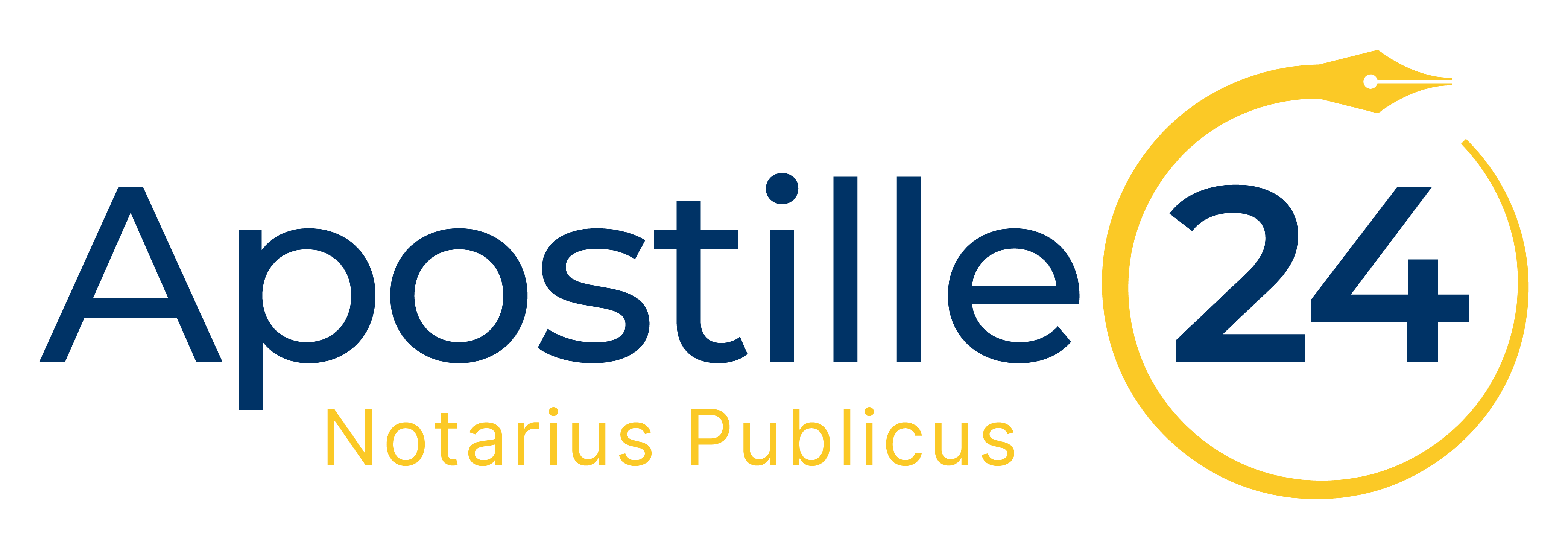Power of attorney is a legal document that grants someone the authority to act on behalf of another person in specified matters, such as finances or healthcare decisions. Its significance lies in providing a mechanism for individuals to appoint trusted individuals to handle their affairs in case they become unable to do so themselves. However, understanding how to terminate power of attorney is equally important. Knowing the process ensures that individuals retain control over their affairs and can revoke authority if circumstances change or trust is compromised. Terminating power of attorney safeguards against potential misuse of authority and allows for the appointment of a new agent if needed.

Understanding Power of Attorney
A power of attorney (POA) is a legal document that grants one person (the “principal”) the ability to appoint another person or entity (the “agent” or “attorney-in-fact”) to act on their behalf in various matters. The purpose of a power of attorney is to allow the agent to make decisions and take actions on behalf of the principal when the principal is unable to do so themselves due to incapacity, illness, or absence.
When granted power of attorney, the agent is entrusted with specific duties and authority as outlined in the document. These responsibilities can vary depending on the type of power of attorney and the specific terms set forth in the agreement. However, common responsibilities and authorities granted to the agent may include:
- 1. Financial Matters: The agent may be authorized to manage the principal’s finances, including banking transactions, paying bills, managing investments, and filing taxes.
- 2. Property Management: The agent may have the authority to buy, sell, or manage real estate and other property on behalf of the principal.
- 3. Healthcare Decisions: In a healthcare or medical power of attorney, the agent may have the authority to make medical decisions for the principal, including treatment options, healthcare providers, and end-of-life care preferences.
- 4. Legal Affairs: The agent may be empowered to handle legal matters on behalf of the principal, such as signing contracts, initiating legal proceedings, or representing the principal in court.
- 5. Specific Instructions: The power of attorney document may include specific instructions or limitations on the agent’s authority, outlining precisely what actions the agent is authorized to take and under what circumstances.
Reasons for Terminating Power of Attorney
1. Changes in Circumstances:
Individuals may need to terminate a power of attorney due to significant changes in their circumstances. This could include changes in health status, financial situation, or personal relationships that render the existing power of attorney arrangement no longer suitable or relevant.
2. Loss of Trust:
A loss of trust between the principal and the agent may lead to the termination of a power of attorney. If the principal no longer feels confident in the agent’s ability to act in their best interests or if there are concerns about potential misuse of authority, they may choose to revoke the power of attorney.
3. Need for a New Agent:
The principal may have a change of heart regarding who they want to appoint as their agent. This could be due to personal or professional reasons, such as a falling out with the current agent, a desire to appoint a family member instead of a friend, or the identification of someone more suitable or trustworthy for the role.
4. Completion of Specific Tasks:
In some cases, a power of attorney may be granted for a specific purpose or period of time. Once the designated tasks or time frame have been completed, the principal may choose to terminate the power of attorney to signify the end of the agent’s authority.
5. Legal Requirements:
There may be legal requirements or regulations that necessitate the termination of a power of attorney. For example, if the agent becomes incapacitated or passes away, or if there are changes in relevant laws or regulations governing power of attorney arrangements, it may be necessary to terminate the existing arrangement and establish a new one.

Steps to Terminate Power of Attorney:
- Review the Power of Attorney Document: Begin by reviewing the original power of attorney document to understand the specific procedures and requirements for revocation. Pay attention to any instructions or provisions regarding termination.
- Prepare a Revocation Document: Draft a written revocation document clearly stating your intention to terminate the power of attorney. Include your full legal name, the name of the agent, the date of the original power of attorney, and a statement indicating that you are revoking the agent’s authority.
- Sign the Revocation Document: Sign the revocation document in the presence of a notary public to ensure its validity and authenticity. Some jurisdictions may require additional witnesses or specific notarization procedures, so be sure to comply with local legal requirements.
- Notify the Agent: Once the revocation document is signed and notarized, notify the agent of your decision to terminate the power of attorney. It’s essential to communicate this decision in a clear and respectful manner, preferably in writing, to avoid any misunderstandings or conflicts.
- Notify Relevant Third Parties: Inform any relevant third parties, such as financial institutions, healthcare providers, or legal entities, of the revocation of the power of attorney. Provide them with a copy of the revocation document and any other necessary documentation to ensure they update their records accordingly.
- Retrieve and Destroy Copies: Retrieve any copies of the power of attorney document that may be in the possession of the agent or other parties involved. Destroy these copies or mark them as revoked to prevent any potential misuse or confusion regarding the agent’s authority.
- Update Legal Documents: Review and update any legal documents or records that may reference the now-terminated power of attorney arrangement. This may include wills, trusts, healthcare directives, and financial agreements. Ensure that these documents accurately reflect the revocation of the agent’s authority.

Tips for Communicating with the Agent:
- Choose a neutral and private setting to discuss the termination of the power of attorney with the agent.
- Clearly explain your reasons for revocation, focusing on changes in circumstances or personal preferences rather than placing blame.
- Listen to the agent’s perspective and address any concerns or questions they may have.
- Remain calm and composed during the conversation, and avoid engaging in confrontational or emotional exchanges.
- Offer reassurance that the termination of the power of attorney does not necessarily reflect a breakdown in trust or relationship but rather a need for change or reevaluation of the arrangement.
For individuals facing complex situations or disputes regarding the termination of power of attorney, it is advisable to seek legal advice. Apostille24 in Stockholm provides legal assistance and expertise in navigating such matters. Located in Stockholm, Apostille24 offers professional legal services, including guidance on power of attorney issues, ensuring that individuals receive accurate and comprehensive advice tailored to their specific circumstances.
To access legal assistance from Apostille24 in Stockholm, individuals can reach out through their website or contact their office directly. Their team of experienced legal professionals can provide personalized support and guidance, helping individuals understand their rights, obligations, and options for terminating power of attorney.
Understanding how to terminate power of attorney is crucial for maintaining control over one’s affairs and ensuring that decisions are made in accordance with current circumstances and preferences. By following the steps outlined in this article and seeking legal advice when necessary, individuals can navigate the process effectively and safeguard their interests. It’s essential to communicate openly and respectfully with the agent, update relevant parties and documents, and seek professional guidance for complex situations or disputes. Taking proactive steps to terminate the power of attorney when necessary empowers individuals to assert their autonomy and protect their interests effectively.

